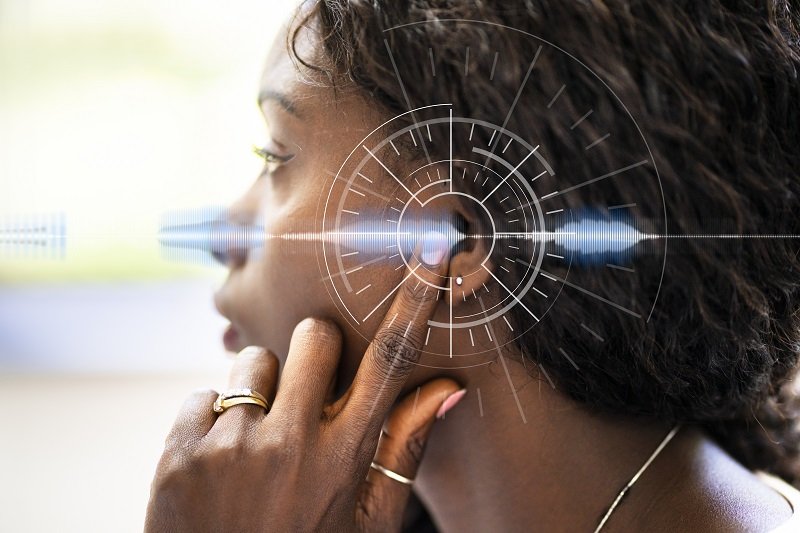After discussions that stretched over years and delays due to the COVID-19 pandemic, over-the-counter hearing aids have finally been approved by the FDA. While hearing professionals have known about this coming change for some time, the specifics have been unknown until now. For hearing professionals, the advent of OTC hearing aids means more competition and a greater need to share the importance of their profession.
First, the good news: OTC hearing aids stand poised to help thousands of Americans who need hearing aids but do not wear them. Over-the-counter hearing aids will be less expensive than prescription hearing aids, making them more accessible to those who find prescription hearing aids too costly. In addition, OTC hearing aids will not require the user to undergo an exam, receive a prescription, or have the hearing aids fitted by a hearing specialist. This will further reduce the cost associated with acquiring hearing aids and will make it easier for people with hearing loss to get hearing aids.
As hearing aids become more easily accessible to more people, hearing professionals can expect increased competition. People with hearing loss will have options now to purchase hearing aids online or in-person without seeing an audiologist, without receiving an exam, and without a prescription. Of course, there will always be value in the services offered by hearing professionals, and some people with hearing loss will recognize that and opt for prescription hearing aids. However, not all people will.
With this increased competition, it is more important than ever that hearing professionals highlight the necessity of their profession. Help people understand the importance of what you do and how you do it. OTC hearing aids are truthfully no match for prescription hearing aids that have been fitted by a hearing professional. Prescription hearing aids also come with many more available features and styles.
Furthermore, the FDA has placed limitations on OTC hearing aids. For example, OTC hearing aids are only available to treat mild to moderate hearing loss in adults aged 18 and older. This means that prescription hearing aids are still required for children and for those with severe hearing loss. For those with mild to moderate hearing loss, OTC hearing aids will not be as personalized as prescription hearing aids.
Experts expect the advent of OTC hearing aids to bring better hearing back to many people who suffer from hearing loss. However, because OTC hearing aids do not require an exam or professional fitting, they can only be used to treat perceived hearing loss. If the wearer selects OTC hearing aids that are not properly suited to their hearing and other needs, they will not receive the same benefits they would have if they had chosen prescription hearing aids.
The final FDA rule took into account more than 1,000 comments from the public, including those from hearing professionals. From these comments, the FDA made some amendments, including lowering the maximum sound output, revising the insertion depth limit in the ear canal, requiring that all OTC hearing aids have user-adjustable volume controls, and more. Many hearing professionals, however, still have reservations.
The goal of OTC hearing aids is a worthy one: to bring hearing back to more people with hearing loss. The details of how the introduction of OTC hearing aids will play out remain to be seen. Regardless, hearing professionals will always have a place and will always provide higher value. To learn more about the arrival of over-the-counter hearing aids and what it means for the audiology field, we welcome you to contact us today at AudiologyPlus.




